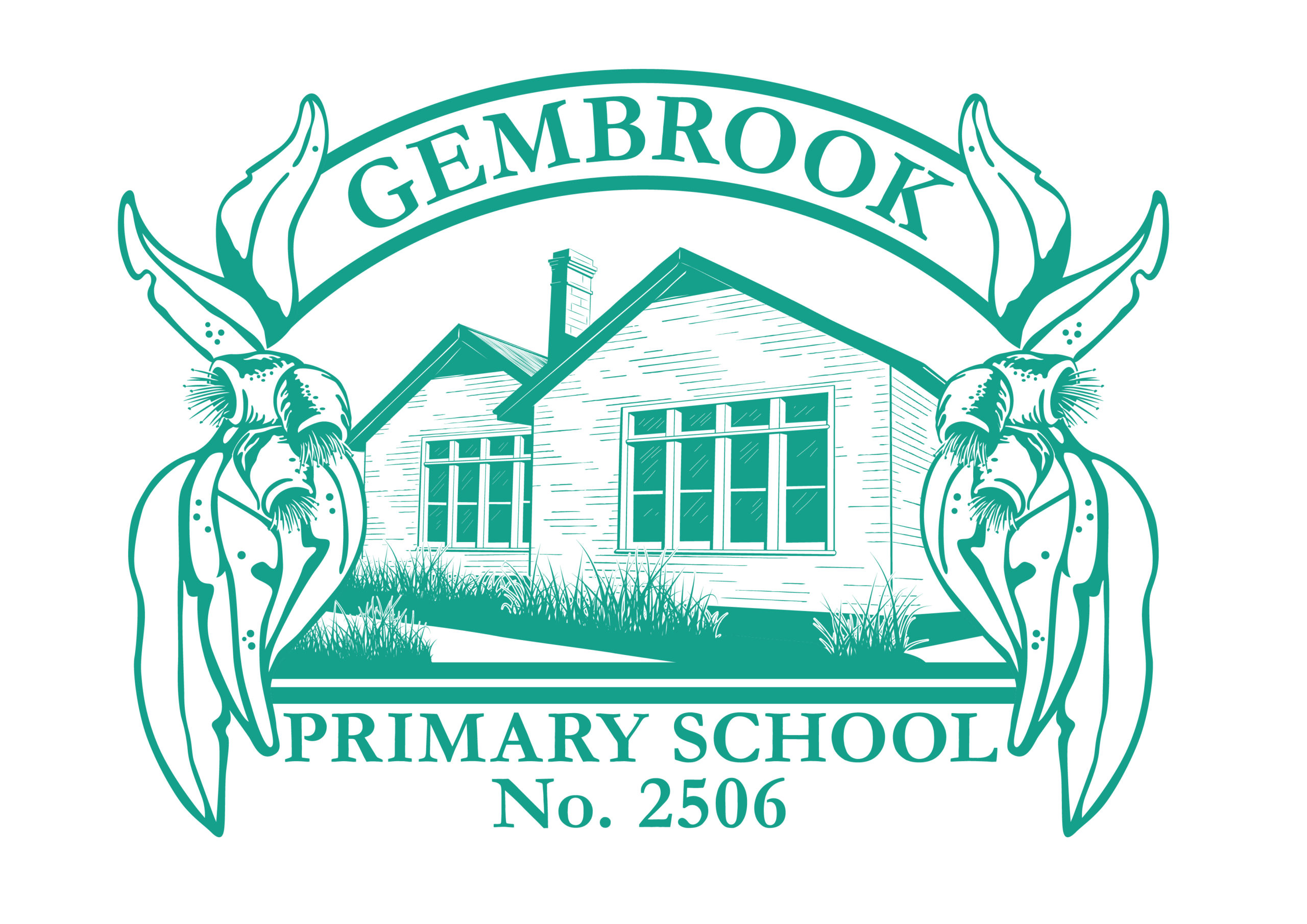Numeracy at Gembrook Primary School
Mathematics provides students with access to important mathematical ideas, knowledge and skills that they will draw on in their personal and work lives. The curriculum also provides students, as life-long learners, with the basis on which further study and research in mathematics and applications in many other fields are built.
Number, measurement and geometry, statistics and probability are common aspects of most people’s mathematical experience in everyday personal, study and work situations. Equally important are the essential roles that algebra, functions and relations, logic, mathematical structure and working mathematically play in people’s understanding of the natural and human worlds, and the interaction between them.
The Mathematics curriculum focuses on developing increasingly sophisticated and refined mathematical understanding, fluency, reasoning, modelling and problem-solving. These capabilities enable students to respond to familiar and unfamiliar situations by employing mathematics to make informed decisions and solve problems efficiently.
The Victorian Curriculum in Mathematics aims to ensure that students:
- develop useful mathematical and numeracy skills for everyday life, work and as active and critical citizens in a technological world
- see connections and apply mathematical concepts, skills and processes to pose and solve problems in mathematics and in other disciplines and contexts
- acquire specialist knowledge and skills in mathematics that provide for further study in the discipline
- appreciate mathematics as a discipline – its history, ideas, problems and applications, aesthetics and philosophy.
Five hours of maths is timetabled per week and we take a whole school approach to planning and implementing our maths program. Two hours per week is devoted to number work and two hours on applied maths topics including Shape and Angle, Length and Time, Mapping and Location, Probability, Graphing and Statistics and Mass, Volume and Capacity and one hour devoted to problem solving.
At Gembrook Primary School, we place great importance on lesson structure. At the beginning of each lesson, learning intentions and success criteria are communicated to students. Mini lessons (explicit teaching around the lesson topic) are kept short with emphasis placed on students ‘doing’ rather than listening. Students then work independently or in small groups to practice skills and new content that has been taught. Student feedback is directly linked to the lesson’s learning intentions and success criteria.
NUMBER, APPLIED & PROBLEM SOLVING
At Gembrook Primary School, we have a strong focus on developing automaticity (instant recall of times tables and number facts etc) in number and application of number skills to problem solving. Equal importance is placed on procedural and conceptual knowledge.
In Number we follow education consultant Michael Ymer’s Victorian Curriculum Yearly Levelled Overview that covers number curriculum content term by term.
The Blitzmaster program is a whole school approach to further supporting student learning growth in automatic recall of times tables and number facts. The program is completely differentiated with students working at their own level and continually striving to beat the clock and reach the next level. Students complete 3 x 8minute sessions of Blitzmaster weekly.
Students also work with their teacher to set a goal in number (for example, knowing their x7 tables) and have time during the week to practise their number goal.
Applied topics are taught in approx. 4-5 week ‘blocks’ over the course of the year – approx. 2 applied topics per term. Pretesting determines each student’s entry skills, identifies any gaps in knowledge, determines each students zone of proximal development (ZPD) and informs unit planning. Post unit testing is designed to measure student learning growth and determine further areas for improvement.
NUMERACY AT HOME
We encourage parents/carers to continue assisting their children with developing numeracy skills and knowledge at home, see the below link for gentle guidance:
